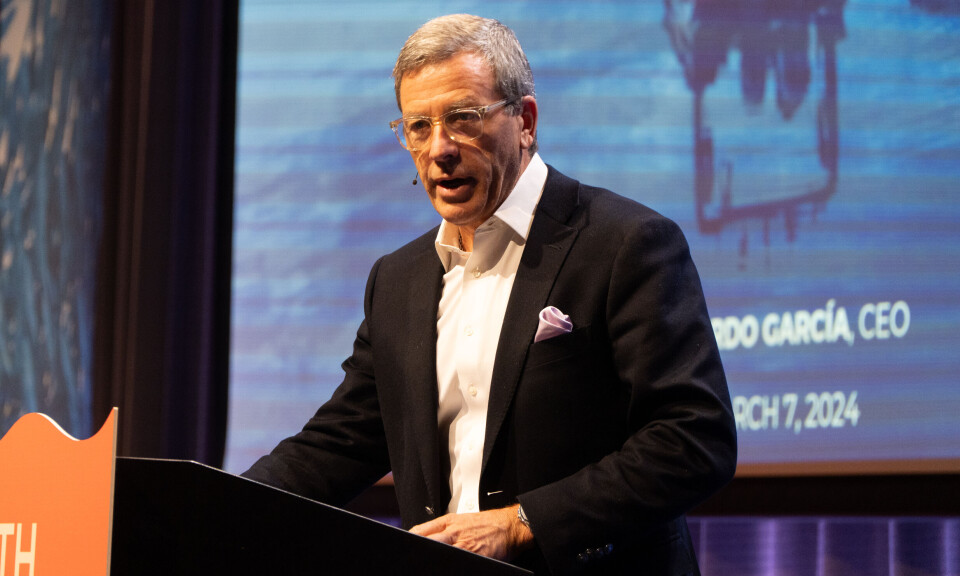
Salmon sector critics are ‘subjugated by ideology’, says Chilean industry executive
Dogmatic approach of NGOs means they ignore solutions that would benefit everybody, claims Salmones Camanchaca vice president
Ricardo García, director of trade body SalmonChile and vice president of Salmones Camanchaca, has written a letter to the editor of newspaper El Mercurio in which he criticises the work of non-governmental organisations (NGOs) against Chile’s salmon farming industry.
“Certain NGOs launch campaigns to expel the salmon industry from national parks and reserves, without giving a place to this strategic productive sector for the south of Chile, making their desire to eliminate production transparent. In this way, they exclude themselves from alternative forms that combine different interests,” said the director.
According to García, the attacks by the NGOs - often based outside Chile - “ignore the fact that the industry only works in Areas Suitable for Aquaculture, defined and approved by the State itself, which decades later came to be considered protected; not the other way around. This produces a difference of legitimate interests, but the relationship between them cannot be the death of the first who arrived.”
86,000 jobs
"The salmon industry has been the driving force of development and productive linkage in six southern regions for more than three decades, helping decentralisation with its value chain that provides employment to more than 86,000 workers and more than 4,000 SMEs,” wrote García.
Environmentally, he added, “the industry is not perfect, but like all industries, it shows objective progress in reducing its impacts, like many other Chilean industries. These seemingly non-profit organisations are unaware that the industry is driving the exit from national parks, but it does so with mergers and relocations that fulfil a double role: improving productive efficiency and reducing impacts.
“But we have been trying (to relocate) for 13 years and the state apparatus does not listen, it does not act.”
Impervious to Chilean aspirations
“I think that organisations are aware of these conciliatory proposals between progress and the protection of marine environments, but they are subjugated by ideology and are impervious to the aspiration for progress that our country has,” said García.
“Chile needs organisations that propose ideas for all interests, harmonising with each other and seeking the prosperity of the country, because it deserves more.”
Chile is the world’s second largest producer of farmed Atlantic salmon, producing around 690,000 gutted weight tonnes last year, according to figures from Kontali published in global salmon farmer Mowi’s salmon industry handbook. The country also produces coho salmon, and rainbow trout.
Salmones Camanchaca was Chile’s seventh-largest producer of Atlantic salmon in 2023, harvesting 40,000 tonnes, along with several thousand tonnes of coho.

























































